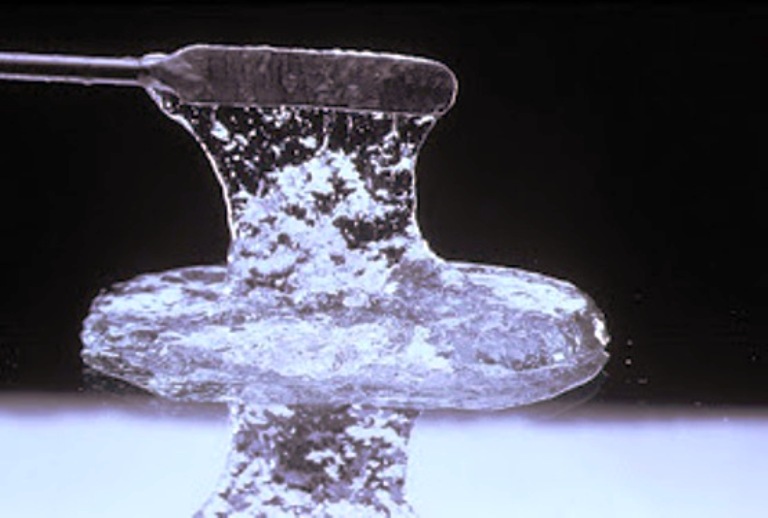Hyaluronic acid (HA), also known as hyaluronic acid, is a linear polysaccharide structure composed of repeating structures of N-acylglucosamine and D-glucuronic acid.

Hyaluronic acid is an acidic mucopolysaccharide, with its unique molecular structure and physicochemical properties in the body showed a variety of important physiological functions, such as lubricating the joints, regulating the permeability of the vascular wall, regulating protein, water and electrolyte diffusion and operation , Promote wound healing and so on. More importantly, hyaluronic acid has a special water retention effect, and is the best moisture retention substance found in nature so far. It is called the ideal natural moisturizing factor.
Hyaluronic acid is widely distributed in the body’s connective tissue, in the vitreous, the joint cavity almost pure form. The hyaluronic acid present in the skin is one of the major matrix components of the human epidermis and dermis and plays an important role in the metabolism of the human epidermis. Its physiological function is to make the water into the cell gap, and protein binding and the formation of protein gel, the cells stick together, to play the role of normal cell metabolism, play to maintain cell moisture, protect cells from pathogenic bacteria to speed up the recovery Skin tissue, improve healing wound healing, reduce scarring, enhance immunity and so on. The body’s hyaluronic acid damage or disorders, can cause disease. The reduction and destruction of the hyaluronic acid in the skin can cause the skin to lose water, wrinkle and lose elasticity, and make the epidermis aging. Therefore, the hyaluronic acid is also called anti-aging factor.
Hyaluronic acid itself has a negative charge and its aqueous solution is a viscoelastic fluid that fills the spaces between cells and collagen fibers and covers some of the epidermal tissue. In animals, its main function is to protect and lubricate cells, regulate the movement of cells on this viscoelastic matrix, stabilize the collagen network and protect it from mechanical damage. Because hyaluronic acid is a natural lubricant and shock-absorbing polymers, it acts as a lubricant on the tendon, tendon sheath, and synovial membrane surfaces.
In medicine, hyaluronic acid has a unique role in the treatment of scald, burns, frostbite and artificial skin for the treatment of non-steroidal anti-inflammatory drugs, arthritis treatment, ophthalmology and cardiac surgery.
Leave a Reply